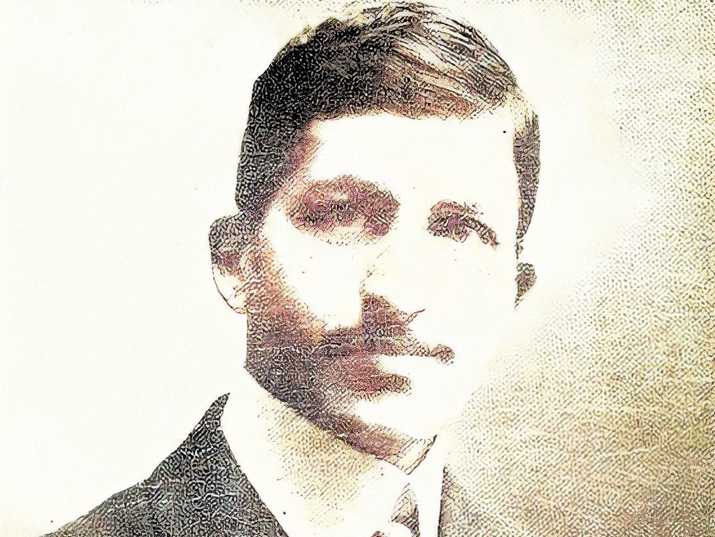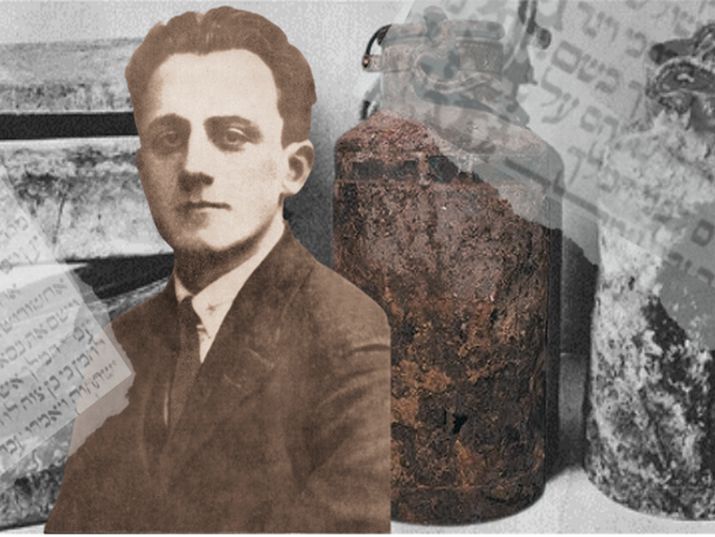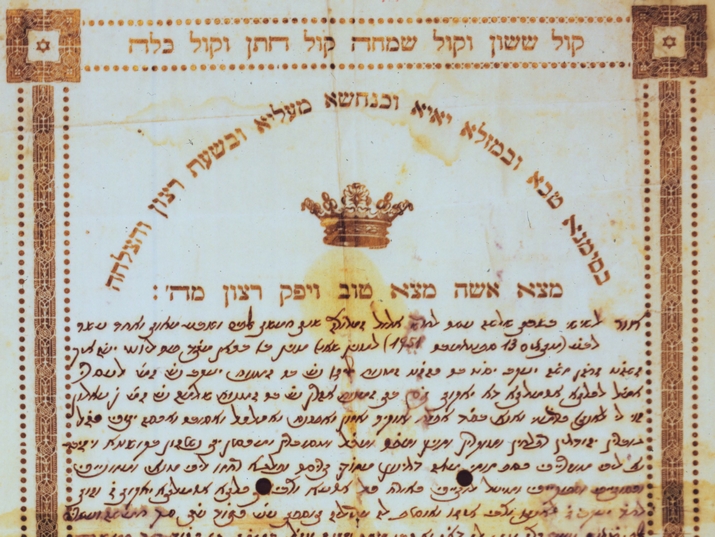Online Archives
Archive material available from home
ExploreThe Library's Archives Department houses over 1000 personal archives, the majority of which bear testimony to the activities of outstanding Jewish personalities from a wide variety of spheres: writers and poets, humanists, rabbis, Zionist leaders, scientists, journalists, critics and others. The Library is also in possession of a small number of institutional archives, for example that of the Israel Folklore Society (Yeda Am) and various community archives.
The Archives Department also boasts a number of special collections, many of which consist of visual materials. Among these are the Avraham Schwadron Autograph and Portrait Collection, the Broadsides and Posters Collection, the Ketubbot Collection, and the Photograph and Postcard Collections. The latter two collections feature approximately a million items focusing on the Land of Israel in the 19th century and Diaspora Jewish communities. The materials contained in all the aforementioned collections are in a wide variety of languages, including Hebrew, Yiddish, German, English, Russian and French.




The National Library of Israel